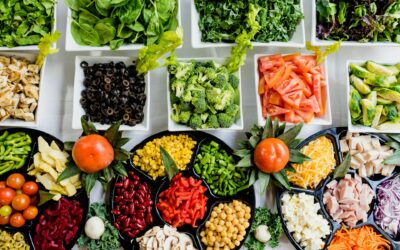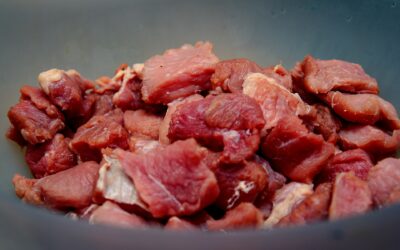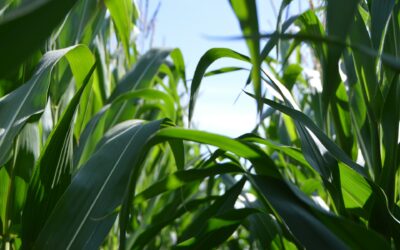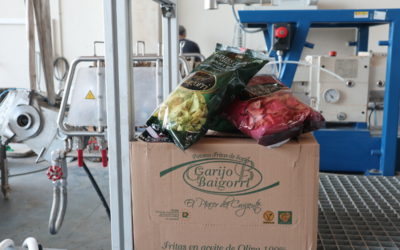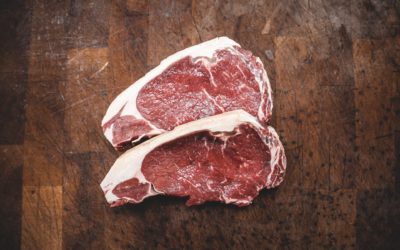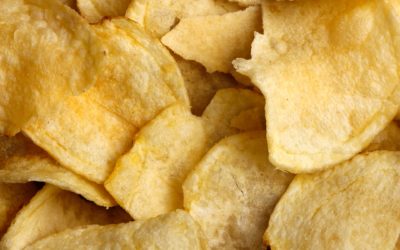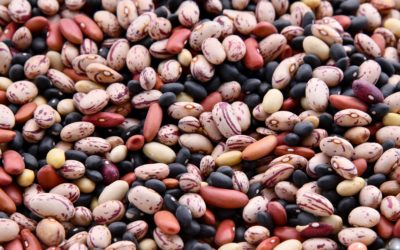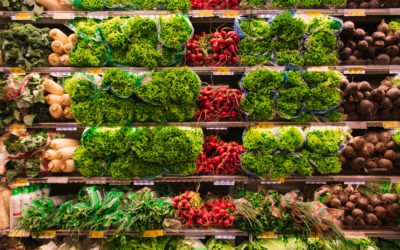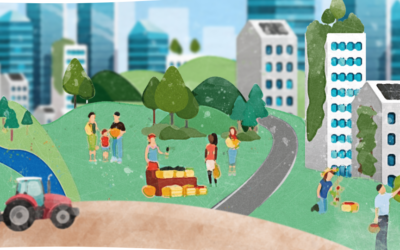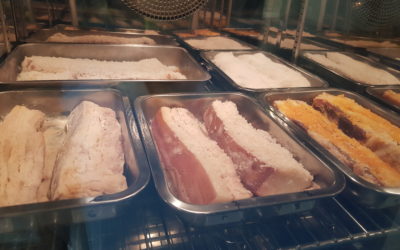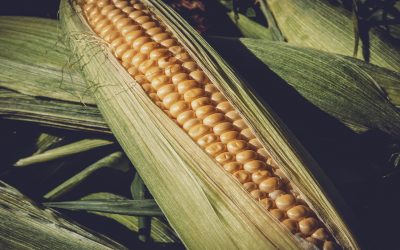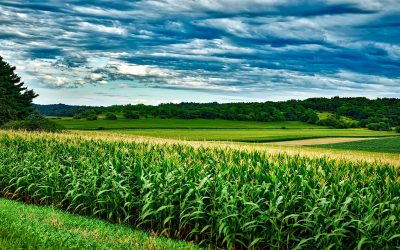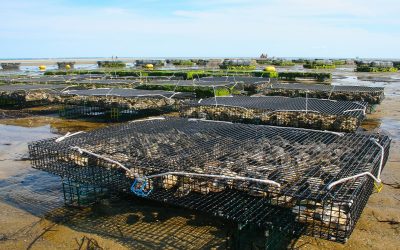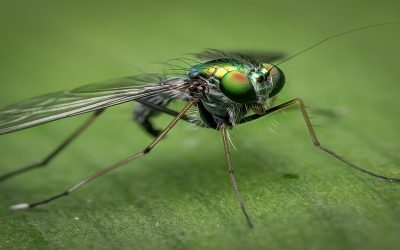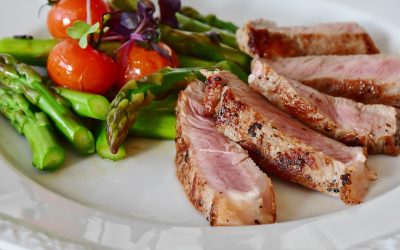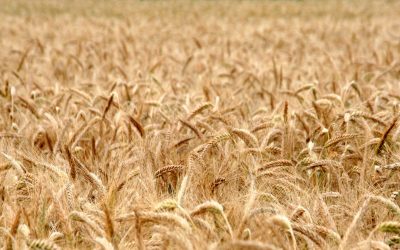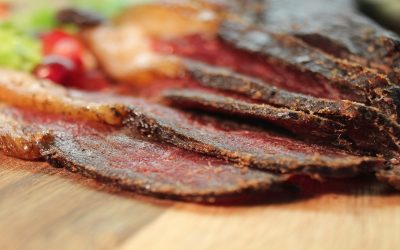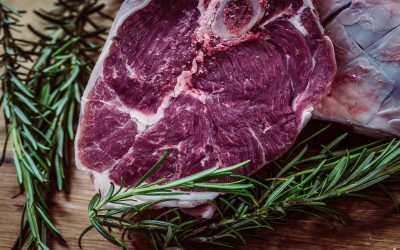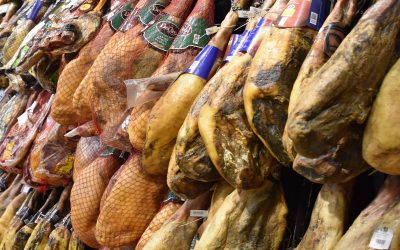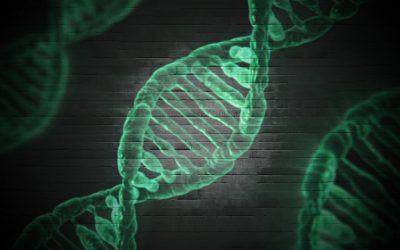CARTIF Projects
PROTEIN4IMPACT
Impact of Alternative Protein Sources to Improve Nutrition
Description
PROTEIN4IMPACT evaluate the nutritional, health, security and quality aspects, as well as the environmental and socioeconomic impacts of new proteic food (NFs) obtained from non-conventional sources. The project use agrifood and fishing by-products such as gungi, bacteria, insects and algae, to produce alternative proteins. These are modify, try in food and acuiculture, and analyze through digital twin and tools based on IA. Its social acceptance it´s evaluated in Europe, USA, Africa and Asia, promoting a sustainable transition towards healthier proteins.
Objectives
- Evaluate the integral impact of new proteins. Analyze the effects of introducing new proteic food (such as insects, algae, microorganisms and food by-products) about the system sustainability, including economic, social and environmental dimensions.
- Develop circulas and sustainable production methodes. Promote the scalable and circular production of Novel Foods (NFs) through the valorisation of agrifood by-products, the crop of microorganisms and the insects breeding, reducing the European dependence on imported protein.
- Guarantee security, health and food quality. Evaluate nutritional, security and quality properties of the NFs in all the stages of the process, from the extraction to the application on food and feed, assuring its acceptance as healthy, tasty and safety food.
- Develop decision-making tools and public policies. Implement a decision-support system (DSS) to evaluate the socioeconomic impacts and proportionate evidences to support policies, legislation and european strategias alligned with Green European Pact and the ODS.
- Boost the social participation and the consumer acceptance. Involve consumer and citizens associations on the evaluation of social impact, performing sensorial acceptance studies and promoting a life change towards alternative proteins consume.
Actions
- CARTIF lead the development of an innovative tool based on near-infrared spectroscopy (NIRs) combined with chimiometry to analyze in a quantitive and quailtive way both raw materials and final ingredients rich in protein and guarantee the food security of the new protein from its origin to its final application.
- CARTIF participates on task 3.5 (joint with Uoh and In.Bio) in which sensorial properties of new food (flavour, aroma, texture) are studied through the instrumental analysis and human consumer panels on differente countries.
- CARTIF contribute to the creation of alternative proteins databases to support the comparison with conventional proteins, facilitating the systematic analysis and the future labelling according to the specific nutritional patterns based on age.
- On WP6, CARTIF collaborates on the integration of results on the European Open Science Cloud (EOSC) joint with UDE, allowing open access to research data and its interoperability with scientific platforms.
Expected Results
- Development of a safety and quality control tool based on NIRs.
- Joint with UOH and In.Bio, CARTIF participates on the sensorial evaluation of NFs.
- Development of a database that relate each alternative proteic source, its contain in aminoacids and the specific nutritional patterns by age group.
R&D Line
- Research on the use of new proteic sources and application of innovative technologies for the modification of the tecnofunctional ingredients properties and the obtention of new food products.
Partners
|
|
Horizon CL6-2024
101182324

CARTIF Budget: 253,750€
Duration: 01/01/2025 – 31/12/2027
Responsible
Julia Pinedo
AP Researcher
Networking
Agrifood projects:
Controlled Environment and Plant Health Pilot (PAC-SAVE)
CARTIF ProjectsPAC-SAVEControlled Environment and Plant Health PilotDescriptionCARTIF's PAC-SAVE project aims to develop a Controlled Environment and Plant Health Pilot to investigate the resilience of crops and forests to climate change. Through advanced technologies...
Waste treatment for energy and material recovery in industrial processes
Increase the extractability of protein sources and other compounds of nutritional interest, naturally present in by-products generated in the transformation processes of the food industry, through the use of “green technologies” of pre-treatment such as extrusion
High-pressure processes for the generation of high value-added products
Increase the extractability of protein sources and other compounds of nutritional interest, naturally present in by-products generated in the transformation processes of the food industry, through the use of “green technologies” of pre-treatment such as extrusion
Advanced technologies for the development and characterisation of 3S food: healthy, sustainable and safe
Increase the extractability of protein sources and other compounds of nutritional interest, naturally present in by-products generated in the transformation processes of the food industry, through the use of “green technologies” of pre-treatment such as extrusion
VALORA-0
VALORA-0 is focused on the valorization of waste currents of CAMPOFRÍO FOOD GROUP.
CARNIVAL
CARNIVAL aims to generate new scientific and technological knowledge to create added value for waste and by-products from the meat sector, particularly in the sheep and pig sectors.
Study of the use of alternative protein sources from agro-industrial by-products.
Increase the extractability of protein sources and other compounds of nutritional interest, naturally present in by-products generated in the transformation processes of the food industry, through the use of “green technologies” of pre-treatment such as extrusion
GARNOVA
GARNOVA born as a response to gorwing cosumer demand for healthier snacks. Sugggests the development of a new range of innovative snacks, elaborated as of healthy, functional and with high content in essential macro and micronutrients.
CARNIQUS
CARNIQUS aims to respond to the current needs of the meat sector in terms of meticulous control of those parameters directly involved in the deterioration of its products.
NOVACARNI
NOVACARNI project aims to contribute to the production of a new meat food with a lower environmental impact, in order to promote the production of healthier and more environmentally friendly food.
MITIGACRYL
MITIGACRYL has as objective develop a quick and precise analytic method for the determination at the production line of the acrylamide levels through mid-near infrared technologies.
MEATING PLANTS
Explore new vegetable protein sources, mainly native legume species from Castilla y León region which, together with the inclusion of agri-food by-products and by means of using technologies such extrusion cooking and texturization, allow the generation of innovative and alternative-to-meat products with nutritional, functional and imporved organoleptic characteristics.
IN-PACT
IN-PACT will study the sustainable innovation and innovative practices among the agri-food supply chain in the european union, to respond to how we are in the transition trend towards a more sustainable food system.
FUSILLI
FUSILLI project focuses on supporting cities to facilitate their transition towards more sustainable food systems, in line with Food2030 priorities. Combines the expertise of 34 partners from 13 countries including cities, universities, SMEs, NGOs and industries.
COLOR
The “COLOR” project is a collaborative business initiative aimed at providing solutions to one of the most important needs of the food sector today: the reduction of acrylamide in industrially processed foods.
NUTRIBER
Application of new technologies on the development of a nutritionally improved iberian bacon. Reducing the sodium content in the formulation and limiting nitrites/nitrates.
INBEC
INBEC Project try to promote and develop a sustainable economy through innovation and business cooperation. To this end, it is proposed to use a methodology that maximizes the potential of the Bioeconomy.
GO INPULSE
The INPULSE Operating Group (GO_INPULSE) was created to strengthen the cultivation of legumes in Spain and reduce the external dependence of protein for feed through the joint work of different actors.
ALTERNFEED
ALTERNFEED aims to obtain sustainable alternatives to the use of fishmeal and fish oil or Krill in the manufacture of aquaculture feed giving added value to several alternative ingredients at the same time, in order to take advantage of the characteristics of each and its synergies.
GO INSECT
GO_INSECT investigate the possibilities of insects as a source of alternative and sustainable protein for food and identify the necessary requirements that ensure the technical-economic viability of projects related to industrial breeding of insects
PRIMICIA
The progress of studies in this area, will allow to specify diets based on the specific requirements of each person and will allow to determine a personalized nutrition for populations with common characteristics, particular groups and individuals
PROALI
The PROALI Project develop the application of new technologies for food development, searching for opportunities in new matrices that can be used for the formulation of flours aimed at groups of young people, focusing on gluten-free raw materials.
CRUCAMI
The CRUCAMI project develops and formulates new snacks and meat products cooked from beef jerky.
The objective is the launch of new snacks and cooked meat products pastrami type from cecina.
CIEN PROGRESO
The CIEN PROGRESO Project develop innovative solutions for protein processing and its application in new food products adapted to population groups with specific needs.
INNOLIVO
INNOLIVO uses new technologies and processes for the development of innovative olivar products intended for new international markets of high added value
CAMPOFRÍO
The CAMPOFRÍO project studies and develops a process for reducing salt content in cured ham. Development of a salt content evaluation system in sliced cured ham with on-line NIR technology.
DINAMO
The DINAMO project is responsible for the development and validation of nanocapsule and nanostructure production technologies of active molecules with functional properties for food use.



